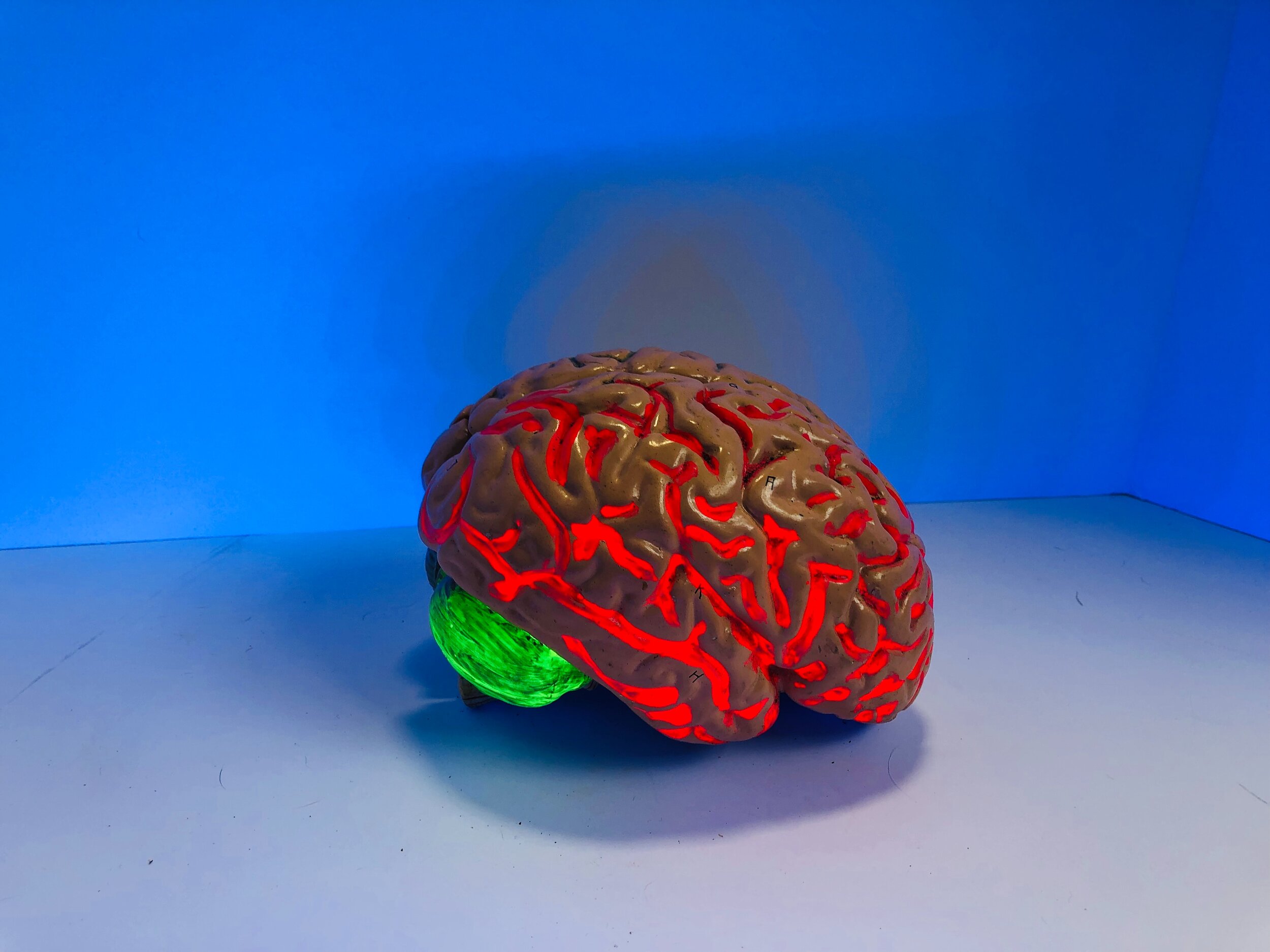On Smart Devices, AI and Healthcare
Photo by Natasha Connell
Last week, comments in “The AI effect: How AI is Making Healthcare More Human", a survey by MIT Technology Review Insights of 908 healthcare professionals, included:
"The vast majority of survey respondents believe AI represents the extension—not extinction—of professional capability in health care: of those who have implemented AI, or are planning to, more than 80% believe that AI is, or will, help them improve their ability to generate revenue, recruit talent, and be competitive. And during the next 10 years, AI will radically streamline health-care delivery processes.
“Faster access to better patient data is the most critical benefit AI-enabled health-care teams are seeing. 93% agree that AI has improved the speed and accuracy with which patient data is analyzed and shared.
“Medical professionals using AI applications are seeing immediate gains in reducing clinical error—something that’s still a major challenge for those who have not yet adopted such tools. Integrating AI applications into existing systems is challenging for 57% of respondents.
“AI needs to work for health-care professionals as part of a robust, integrated ecosystem. It needs to be more than deploying technology—in fact, the more humanized the application of AI is, the more it will be adopted and improve results and return on investment. After all, in health care, the priority is the patient.
“AI adoption in clinical applications is widespread, but survey respondents show the highest level of interest in AI-powered patient flow optimization—making sure patients move through a facility, with the right level of care, as efficiently as possible."
Separately, a Pew Research Center survey of 4,272 US adults Related to smart watch and wearable fitness tracker use included the following results:
21% of surveyed adults use either a smart watch or fitness tracker
41% of users approved of sharing their data with medical researchers to develop a better understanding of links between exercise and heart disease.
47% of adults under the age of 50 believe that sharing personal data with researchers is acceptable, but only 35% of those 50 and older found it acceptable to share this data.
27% of device users had a college degree
31% of users earned $75K or more per year, 20% earned between $30K and $75K, 12% less than $30K
OUR TAKE
Regarding AI in Healthcare: Similar to other industries, healthcare is increasingly data-driven and artificial intelligence/machine learning technologies will be significant components of successful healthcare solutions. Delivering "successful solutions" requires understanding user needs, business requirements and technology constraints.
Regarding smart watch and fitness tracker use: The survey results do not seem surprising. However, the health/fitness functionality on smart watches, fitness trackers, along with smartphones will increasingly converge - and their usage will expand across all demographic groups.
The form-factor and functionality of fitness, wellness and health devices is rapidly changing - driven by advances in sensors, smart fabrics, flexible membranes, cloud computing, connectivity and more.

